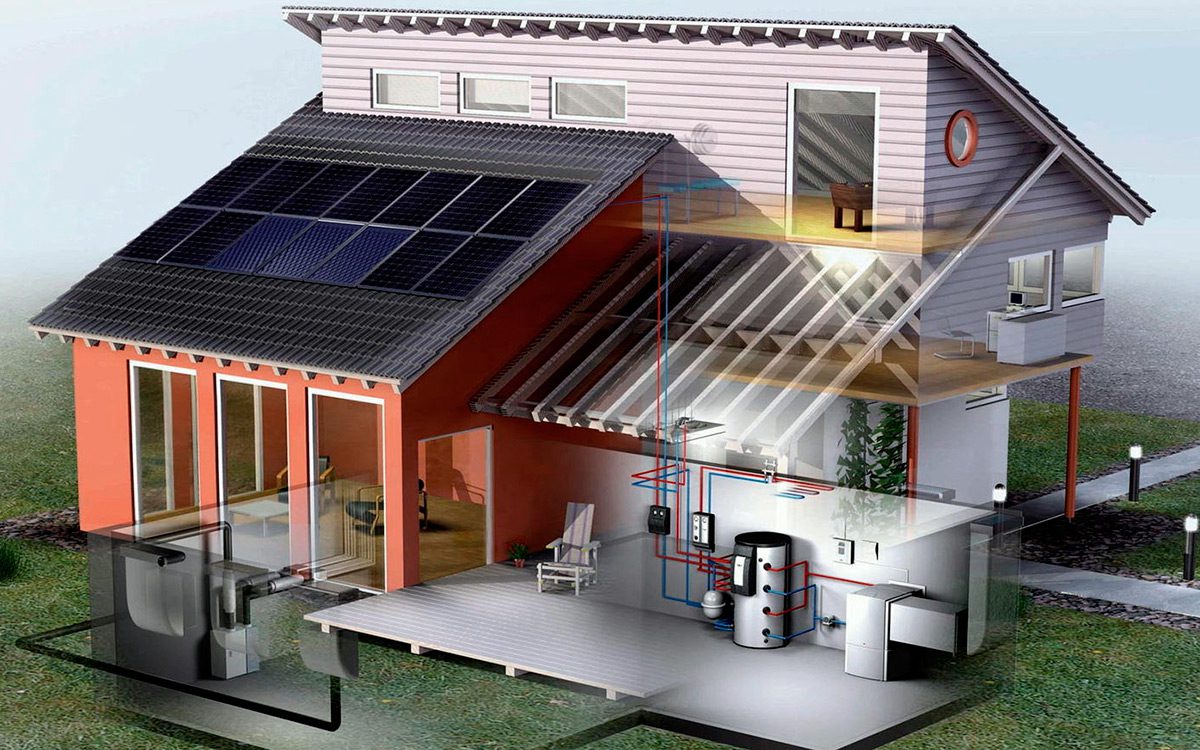Plans to provide £5,000 grants to enable people to install low carbon boiler replacements such as heat pumps have been unveiled, boosting the potential for more widespread district heating systems.
The plans, unveiled as part of the government’s Heat and Buildings Strategy, is part of a wider £3.9bn plan to decarbonise buildings and the ways in which they are heated and electrified.
Heat pumps are an efficient way of transferring heat from an external heat source into a room and vice versa, because they are flexible in the heat source they can take advantage of, are highly efficient and require relatively low-ambient heat sources.
They work by effectively compressing the heat that is taken from either the air, a geothermal source, a district heat network or even under a river, using electricity to do so efficiently.
These systems can often work in reverse, drawing excess heat from a room and returning it to a heat network, thus creating a cooling effect.
The system is considerably more efficient than using a natural gas boiler, which is the most common source of heating in the UK, and heat pumps can be considered carbon-neutral providing the electricity used to power them comes from carbon-neutral sources.
This is also the case for the other proposed boiler replacement system: hydrogen gas and a decision is set to be made on the use of hydrogen boilers as a potential way to reduce the carbon emissions generated by heating.
Whilst some heat network systems using heat pumps do exist in pockets of the UK, this grant aims to make them more widespread.
However, some groups have criticised the scheme for not going far enough, with the £5,000 grant funding only 90,000 pumps over the next three years, and currently not covering the full installation cost nor the improvements to insulation and glazing necessary to take full advantage.

